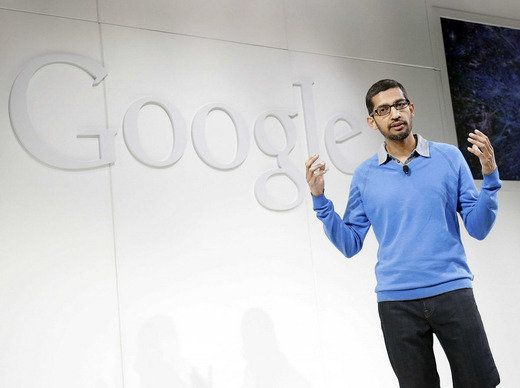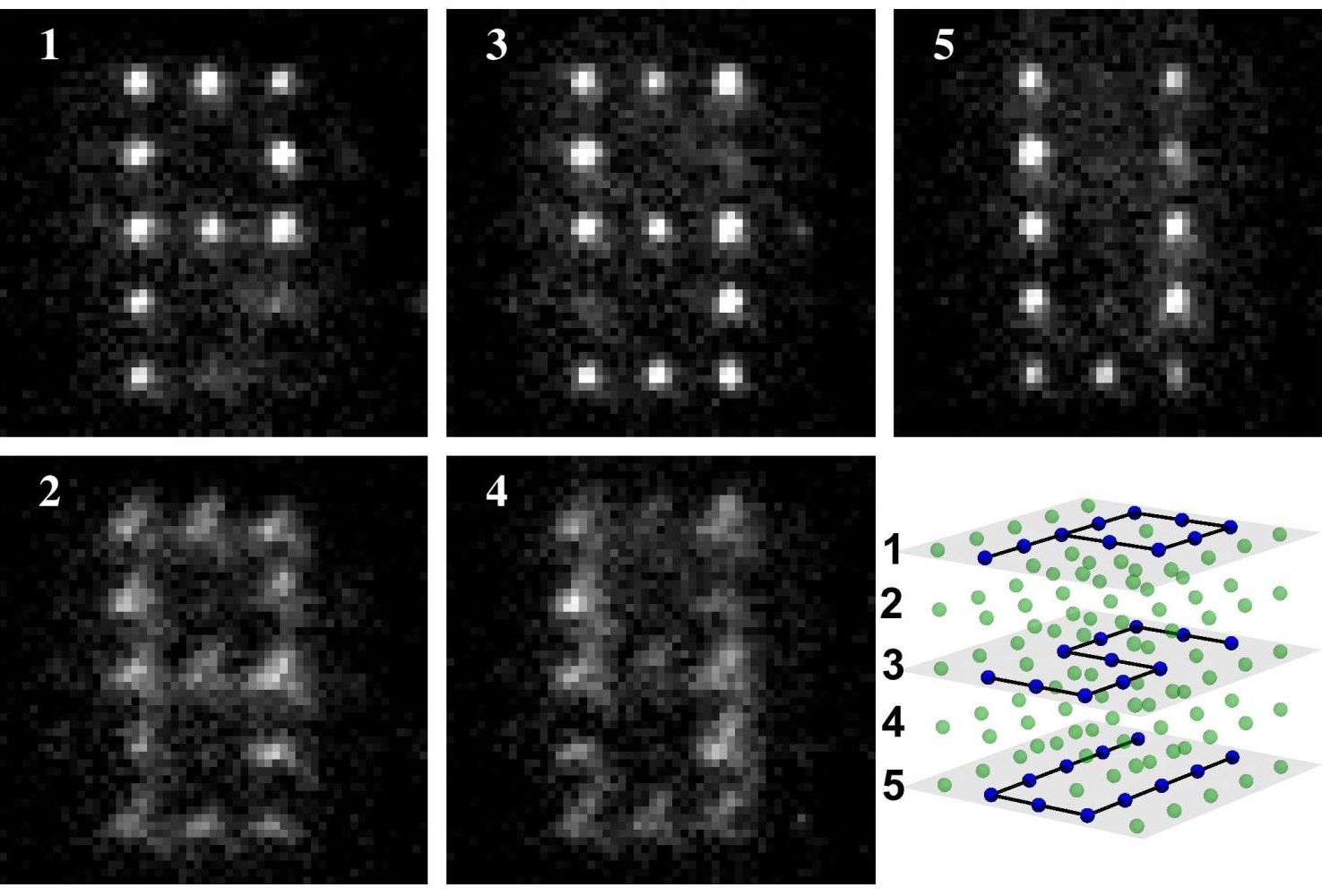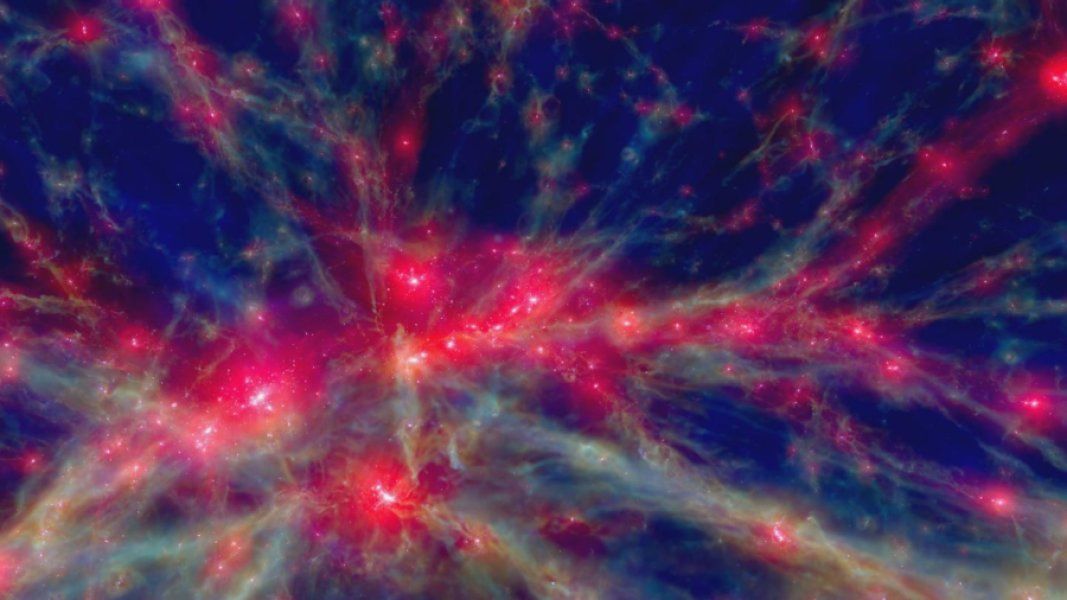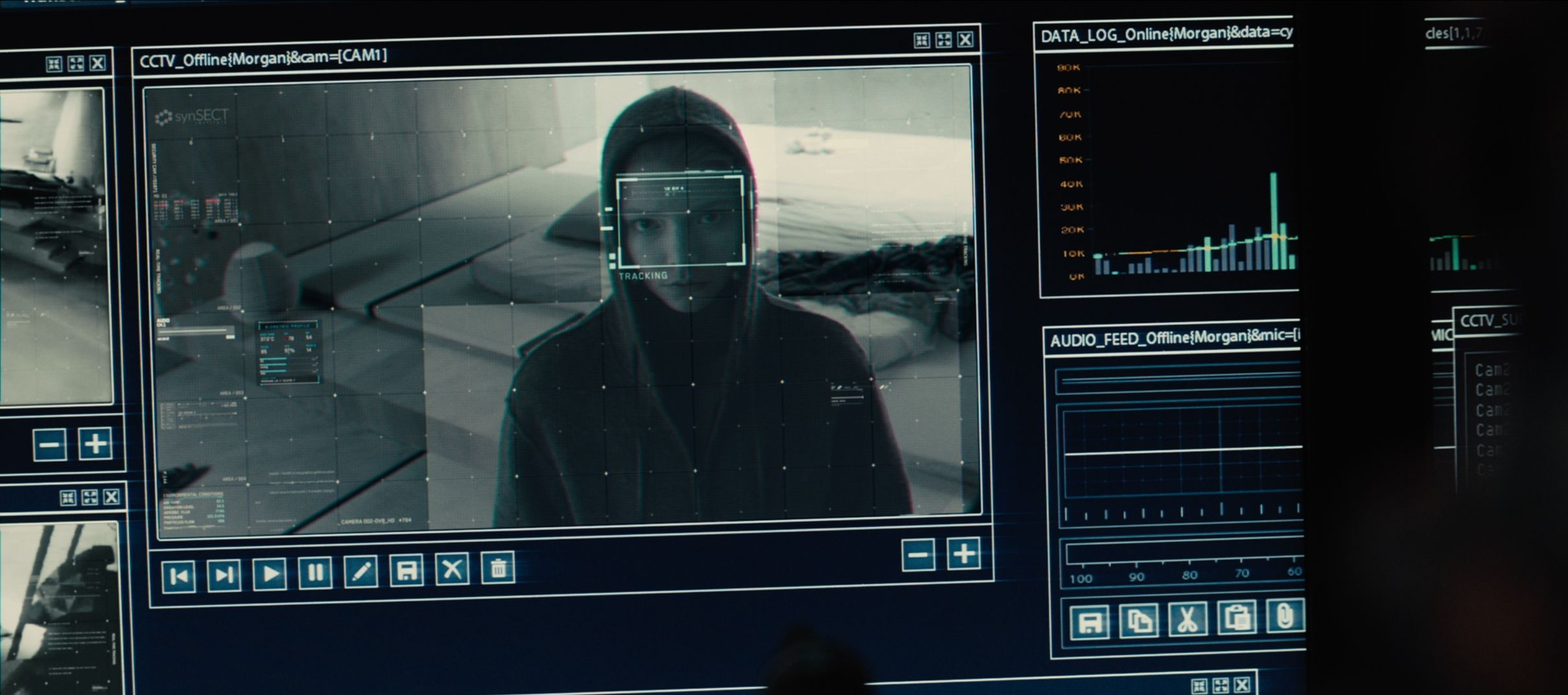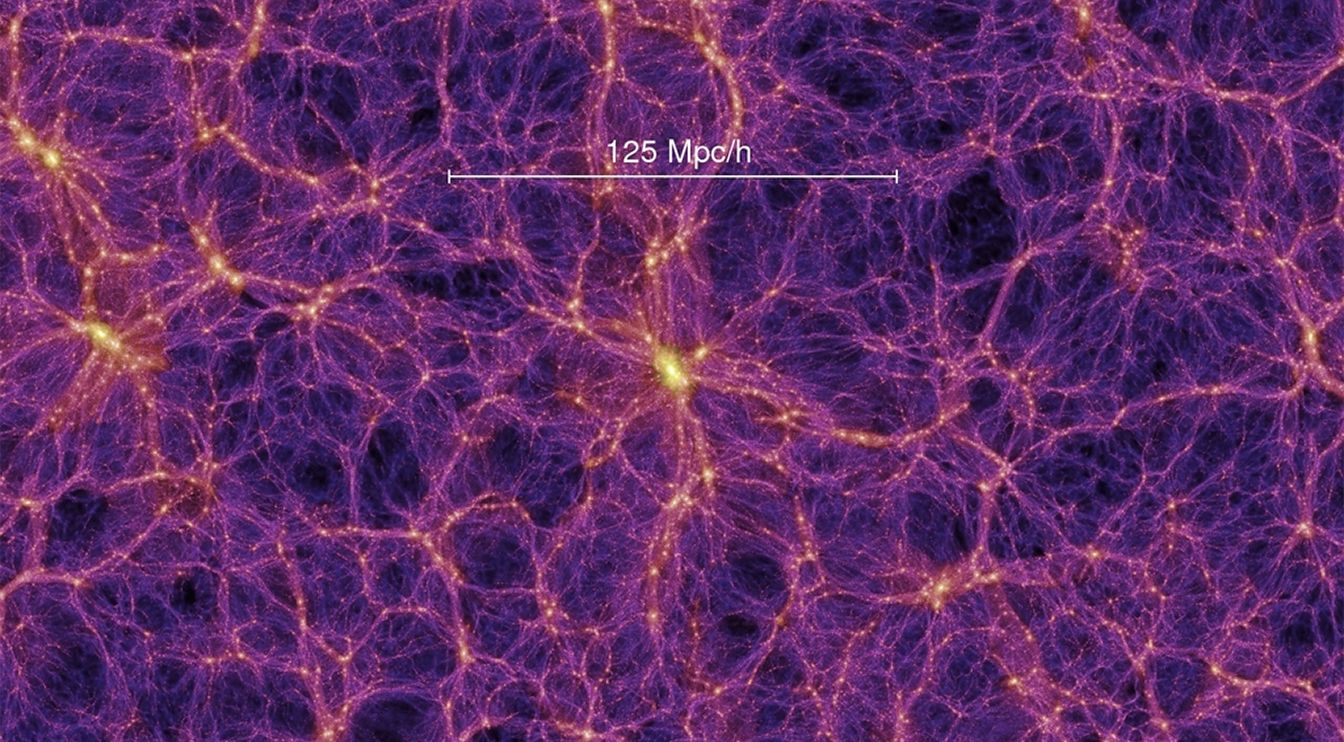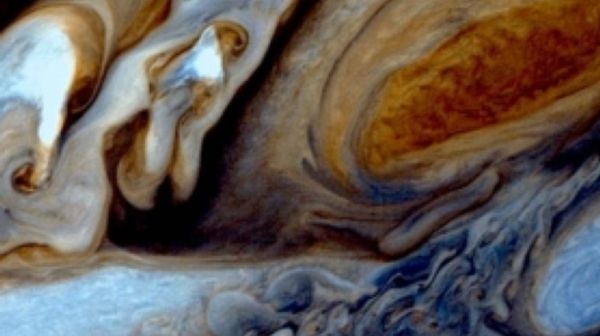Page 10992
Jun 27, 2016
Google’s Sundar Pichai has been hacked — which CEO will be next?
Posted by Karen Hurst in categories: robotics/AI, security
Geez! Is no one safe anymore; Google’s CEO has been hacked. Oh boy; guess there is definitely a bigger message to Google and others of big tech around this one. Whose next Bezos, Schmidt, etc? BTW — how is that AI working out.
Google CEO Sundar Pichai has become the latest tech executive to have a social media account hacked, and the group responsible says more targets will follow.
On Sunday, a group of hackers calling themselves OurMine briefly took over Pichai’s account on Quora, a question-and-answer site.
Continue reading “Google’s Sundar Pichai has been hacked — which CEO will be next?” »
Jun 27, 2016
New, better way to build circuits for world’s first useful quantum computers
Posted by Karen Hurst in categories: computing, encryption, quantum physics, security
We’re on a roll with QC.
The era of quantum computers is one step closer as a result of research published in the current issue of the journal Science. The research team has devised and demonstrated a new way to pack a lot more quantum computing power into a much smaller space and with much greater control than ever before. The research advance, using a 3-dimensional array of atoms in quantum states called quantum bits—or qubits—was made by David S. Weiss, professor of physics at Penn State University, and three students on his lab team. He said “Our result is one of the many important developments that still are needed on the way to achieving quantum computers that will be useful for doing computations that are impossible to do today, with applications in cryptography for electronic data security and other computing-intensive fields.”
The new technique uses both laser light and microwaves to precisely control the switching of selected individual qubits from one quantum state to another without altering the states of the other atoms in the cubic array. The new technique demonstrates the potential use of atoms as the building blocks of circuits in future quantum computers.
Continue reading “New, better way to build circuits for world’s first useful quantum computers” »
Jun 27, 2016
Seeds of black holes could be revealed
Posted by Andreas Matt in categories: computing, cosmology, physics
Gravitational waves captured by space-based detectors could help identify the origins of supermassive black holes, according to new computer simulations of the universe.
Jun 27, 2016
How The Majorana Fermion Is Going To Change The World
Posted by Karen Hurst in categories: computing, education, particle physics, quantum physics
We now have a way to do tracibility in QC.
Shutterstock.
Chinese scientists won a major victory recently, by proving that the Majorana fermion — a particle we’ve found tantalizing hints of for years — genuinely exists. This discovery has huge implications for quantum computing, and it might change the world. But how?
Continue reading “How The Majorana Fermion Is Going To Change The World” »
Jun 27, 2016
This veteran lost his legs and found new meaning in yoga
Posted by Lily Graca in category: futurism
Jun 27, 2016
Morgan Movie Trailer Unleashes an Angry Artificial Human: Movie Trailer
Posted by Sean Brazell in category: entertainment
20th Century Fox has released the first full Morgan trailer online. The debut film from Luke Scott (commercial director and son of Ridley Scott) stars Kate Mara as a corporate troubleshooter sent to evaluate a terrifying incident at a remote, top-secret lab where she discovers the scientists have created a new form of evil inhabiting a human form.
This modern-day spin on Frankenstein looks promising, especially when you’ve got The Witch star Anya Taylor-Joy in the title role. If anything is detracting from the film, it’s the Labor Day weekend release date, which is usually a sign of dumping the film. That being said, it’s possible that Fox doesn’t know what they have or that it’s just too niche to be widely appreciated in the heart of the summer or the fall seasons. Either way, I’m definitely keeping this flick on my radar due to its intriguing premise and terrific cast. At the very least, this should be an interesting showcase for Taylor-Joy, who was just outstanding in The Witch, and I’m eager to see what she does next.
Check out the Morgan trailer below. The film also stars Rose Leslie, Boyd Holbrook, Michelle Yeoh, Jennifer Jason Leigh, and Paul Giamatti.
Jun 27, 2016
Why gravitational wave detection may have also revealed dark matter
Posted by Andreas Matt in categories: cosmology, physics
An old theory of dark matter may be gaining ground thanks to new analysis of LIGO’s historic gravitational wave discovery.
This experiment has accessed the conditions under which hydrogen starts to transition from a gas to a metal. What the researchers find is that the transition to a fully metallic state occurs at significantly higher pressures and temperatures than predicted. And during that transition the hydrogen is not only somewhat conducting, but also opaque to visible light, while still transparent to infrared wavelengths.
The implication is that planets like Jupiter and Saturn should actually have thick interior layers of this ‘dark’ hydrogen above their conductive, metallic hydrogen zones. And the infrared transparency of dark hydrogen may help explain how heat leaks out and allows these, and any other, gas-giant worlds to cool and evolve.
Perhaps the most remarkable discovery is that even the simplest element in the universe still has some tricks up its sleeve — if pushed into the right conditions.
Continue reading “Do Giant Planets Contain ‘Dark’ Hydrogen?” »
Jun 27, 2016
The universe is crowded with black holes, astronomers predict
Posted by Andreas Matt in categories: cosmology, physics
A new study published in Nature presents one of the most complete models of matter in the universe and predicts hundreds of massive black hole mergers each year observable with the second generation of gravitational wave detectors.
The model anticipated the massive black holes observed by the Laser Interferometer Gravitational-wave Observatory. The two colliding masses created the first directly detected gravitational waves and confirmed Einstein’s general theory of relativity.
“The universe isn’t the same everywhere,” said Richard O’Shaughnessy, assistant professor in RIT’s School of Mathematical Sciences, and co-author of the study led by Krzysztof Belczynski from Warsaw University. “Some places produce many more binary black holes than others. Our study takes these differences into careful account.”
Continue reading “The universe is crowded with black holes, astronomers predict” »

